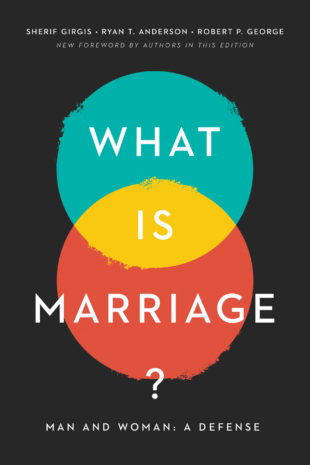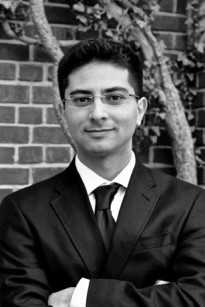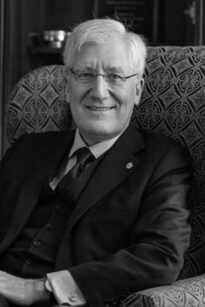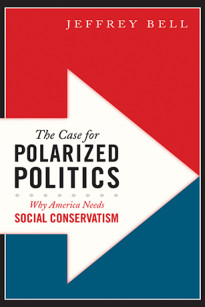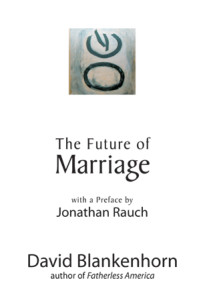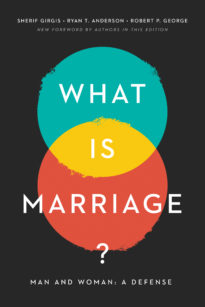Until yesterday, no society had seen marriage as anything other than a conjugal partnership: a male-female union. What Is Marriage? identifies and defends the reasons for this historic consensus and shows why redefining civil marriage is unnecessary, unreasonable, and contrary to the common good.
Originally published in the Harvard Journal of Law and Public Policy, this book’s core argument quickly became the year’s most widely read essay on the most prominent scholarly network in the social sciences. Since then, it has been cited and debated by scholars and activists throughout the world as the most formidable defense of the tradition ever written. Now revamped, expanded, and vastly enhanced, What Is Marriage? stands poised to meet its moment as few books of this generation have.
Sherif Girgis, Ryan T. Anderson, and Robert P. George offer a devastating critique of the idea that equality requires redefining marriage. They show why both sides must first answer the question of what marriage really is. They defend the principle that marriage, as a comprehensive union of mind and body ordered to family life, unites a man and a woman as husband and wife, and they document the social value of applying this principle in law.
Most compellingly, they show that those who embrace same-sex civil marriage leave no firm ground—none—for not recognizing every relationship describable in polite English, including polyamorous sexual unions, and that enshrining their view would further erode the norms of marriage, and hence the common good.
Finally, What Is Marriage? decisively answers common objections: that the historic view is rooted in bigotry, like laws forbidding interracial marriage; that it is callous to people’s needs; that it can’t show the harm of recognizing same-sex couplings, or the point of recognizing infertile ones; and that it treats a mere “social construct” as if it were natural, or an unreasoned religious view as if it were rational.
If the marriage debate in America is decided soon, it will be with this book’s help or despite its powerful arguments.
